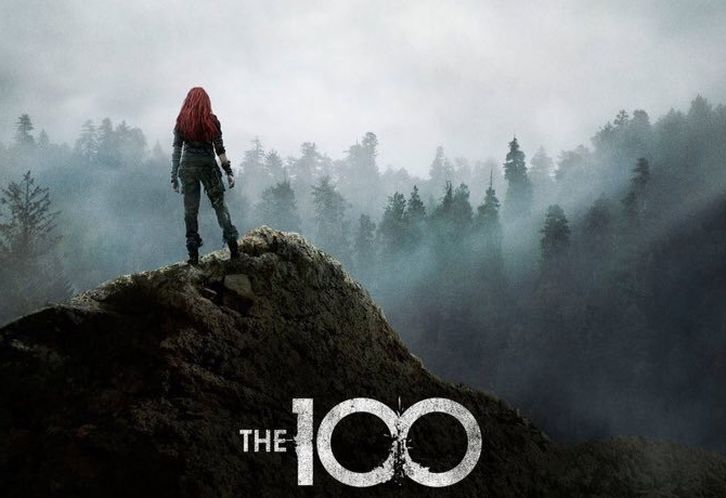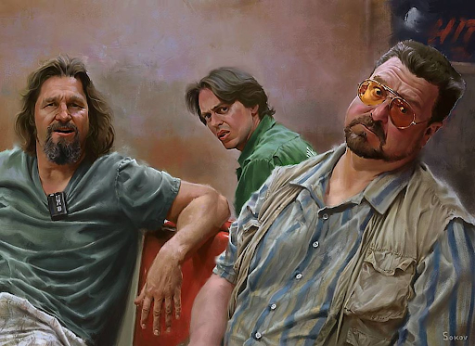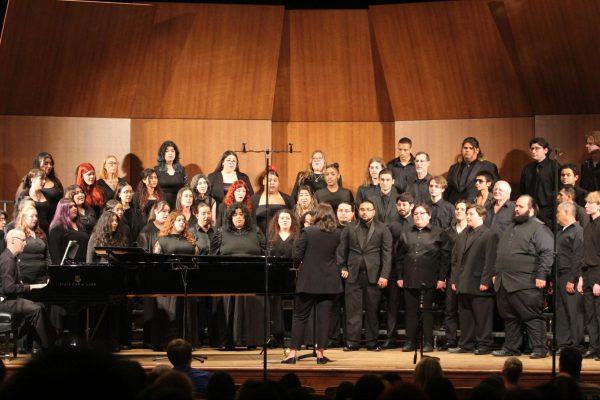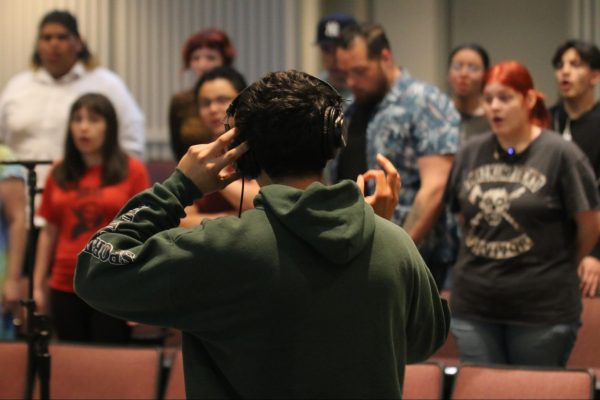How “The 100” is Becoming a Must-See Series
The CW series “The 100” is currently airing its third season, and is being regarded as one of the most complex series on television.
Initially when the series premiered, it served as a mid-season sci-fi drama and hardly seemed like it would receive another installment.
For those of you who haven’t experienced the sleeper hit, “The 100” introduces a world that deals with a post-nuclear fallout, leaving a vast majority of Earth unlivable.
A group of survivors sought shelter in a space station, but limited supplies and a growing population meant that they had no choice but to return to Earth and make their best survival efforts.
The first season included some of the cliché CW young adult storylines and love triangles, but as it progressed viewers began to distinguish the dramatic tonal shift that proved to be one of the series major strong suits.
By the time “The 100” was airing its extended second season, the CW series completely blew viewers minds by throwing continuous curve balls at the audience.
From the premiere all the way to the finale, the main characters were faced with strong moral dilemmas that come into question during times of war. Some dealt with mental trauma of witnessing devastating losses, while others spiraled into a point of no return by choosing to commit heinous acts in the vein of survival.
Characters like the series protagonist Clarke (Eliza Taylor) started as someone with a greater sense of morality, and evolved into a jaded young woman who became responsible for countless deaths and questionable decisions.
Despite having characters that you may root for or against, they know how to include those who capture the essence of a moral compass. For example, Octavia (Marie Avgeropoulos) plays the role of one of the survivors of the space station, who integrates the primitive lifestyle of Earth’s natives, labeled as “grounders.”
In a world where they have factions against each other, it’s someone like Octavia who is essential to reminding us that in war, both sides can have a sense of validity in their choices, and can be equally at fault for creating greater tension.
In television and film today, death is written in for shock value, becoming a casual storytelling method that can often lose its impact.
In “The 100” every loss is a large part of the series by showing preventable executions to make viewers reflect on a topic that will always be prevalent to society. By the time the dramatic second season concluded and tapped into this message, it posed a new question by asking, is their survival rationalized if you lose your sense of humanity?
Now “The 100” reached its third season, and has picked up new fans courtesy of streaming services that created additional interest. Some may have wondered if it would have been able to maintain the momentum it has achieved, and now the underrated series successfully tackles issues of paranoia and ignorance that comes to a head after an act of terrorism.
“The 100” brings entertainment, science fiction, drama, and explores morality in the darkest of times, making it a series that people should be watching and talking about for years to come.










